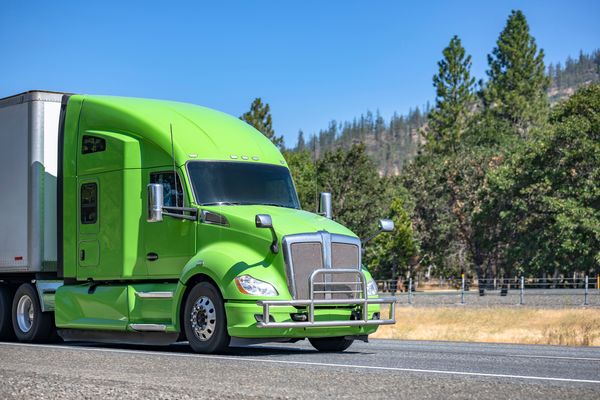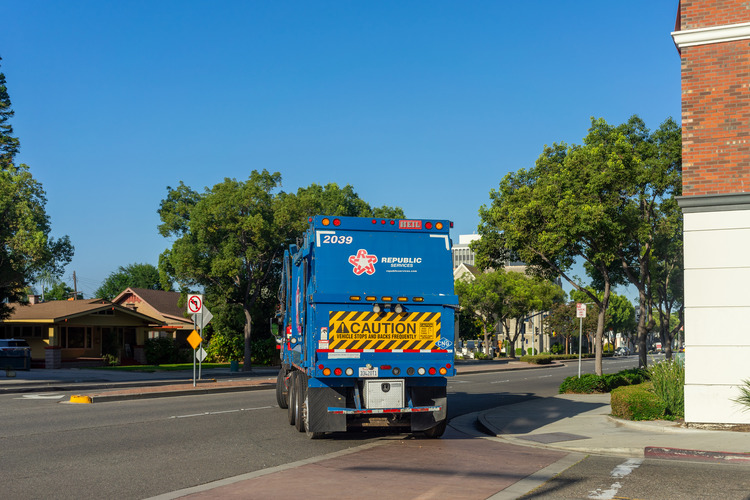California’s CARB regulations significantly impact personal injury law, particularly in cases involving truck accidents and air quality-related health issues. Here’s how these strict environmental regulations tie into California truck accident law.
Emission standards
California CARB regulations
- Stricter emission limits – CARB enforces more rigorous emission standards for particulate matter (PM) and nitrogen oxides (NOx) from diesel engines. This includes mandatory retrofitting or replacement of older engines to meet these standards.
- Advanced clean trucks rule – Requires manufacturers to sell an increasing number of zero-emission trucks, with the goal of transitioning the truck market to electric and hydrogen fuel cell technologies by mid-century.
Federal regulations
- EPA emission standards – The Environmental Protection Agency (EPA) sets national standards for PM and NOx emissions from diesel engines. While stringent, these standards are generally less aggressive than California’s.
Vehicle and engine requirements
California CARB regulations
- Truck and bus regulation – Requires diesel trucks and buses to have modern engines that meet 2010 emission standards by specific deadlines, generally earlier than federal requirements.
- Periodic Smoke Inspection Program (PSIP) – Mandates annual smoke opacity tests for diesel fleets to ensure compliance with emission standards.
Federal regulations
- EPA’s SmartWay program – Encourages the adoption of fuel-efficient technologies and practices but lacks CARB regulations’ enforcement power and deadlines.
Fuel standards
California CARB regulations
- Low Carbon Fuel Standard (LCFS) – This standard mandates reducing the carbon intensity of transportation fuels used in California, promoting the use of cleaner alternative fuels and electric vehicles.
Federal regulations
- Renewable Fuel Standard (RFS) – This standard requires a certain volume of renewable fuel to replace or reduce the quantity of petroleum-based transportation fuel. While it promotes cleaner fuels, it is less specific and ambitious than California’s LCFS.
Enforcement and penalties
California CARB regulations
- Strict enforcement – CARB has robust enforcement mechanisms, including regular inspections, mandatory reporting, and significant fines for non-compliance.
- Incentive programs – Offers grants and incentives for companies to comply with regulations early or exceed standards.
(H3) Federal regulations
- EPA enforcement – While the EPA enforces federal standards, the penalties and enforcement actions are generally less frequent and severe compared to CARB.
- Voluntary programs – Focuses more on voluntary compliance programs and partnerships, such as the SmartWay Program.
How do California CARB regulations tie in to personal injury law?
California’s CARB regulations significantly impact personal injury law, particularly in cases involving truck accidents and air quality-related health issues. Here’s how these stringent environmental regulations tie into personal injury law.
Compliance and liability
Trucking companies and drivers must comply with CARB regulations, including emissions standards and vehicle maintenance. Non-compliance can be a factor in establishing liability in truck accident cases.
CARB regulations often require newer, safer, and better-maintained vehicles, reducing the risk of accidents. If a company fails to meet these standards and an accident occurs, it can be a point of negligence.
Evidence of negligence
If a truck involved in an accident is found non-compliant with CARB regulations, this violation can serve as evidence of negligence. Plaintiffs can use this to strengthen their case and potentially secure higher compensation.
CARB regulations require regular vehicle inspections and maintenance records. These documents can prove whether a vehicle was properly maintained in personal injury cases.
Health-related personal injury claims
CARB regulations aim to reduce emissions of harmful pollutants like particulate matter (PM) and nitrogen oxides (NOx). Individuals exposed to high levels of these pollutants may develop respiratory issues, cardiovascular problems, or other health conditions.
People suffering from health issues due to poor air quality can file personal injury claims against companies violating CARB regulations. Demonstrating a direct link between non-compliance and health problems can form the basis for seeking compensation for ongoing medical treatment, loss of quality of life, and other long-term impacts.
We know how to leverage California CARB regulations in truck injury cases
California’s CARB regulations are integral to personal injury law, especially in cases involving truck accidents and health issues related to air quality. By ensuring compliance with these regulations, plaintiffs can hold negligent parties accountable, secure compensation for their injuries, and advocate for a cleaner, safer environment.
At Ernst Law Group, we specialize in navigating the complex interplay between CARB regulations and personal injury law to protect our client’s rights and well-being. If you’ve been injured in a California truck accident or experience health issues related to air quality, contact us at (805) 541-0300 for expert legal assistance.





